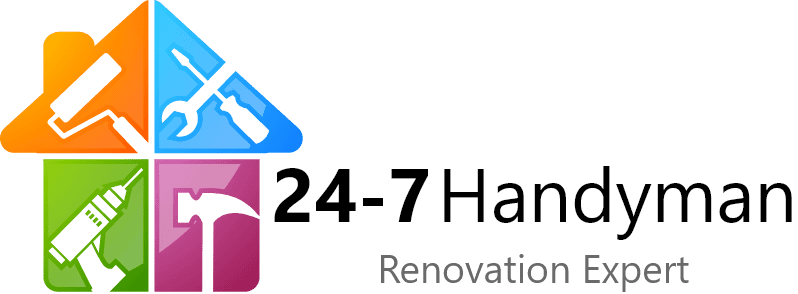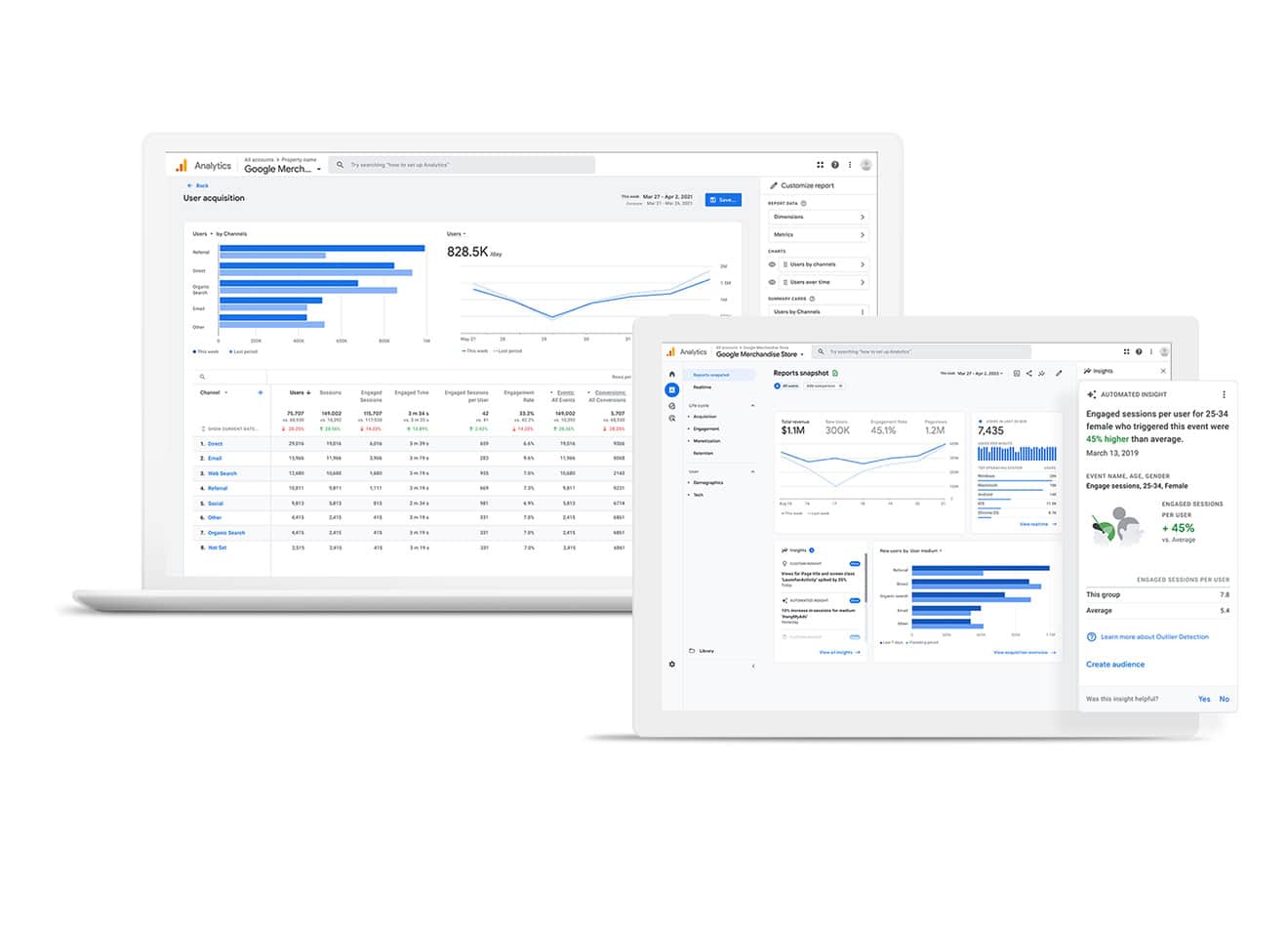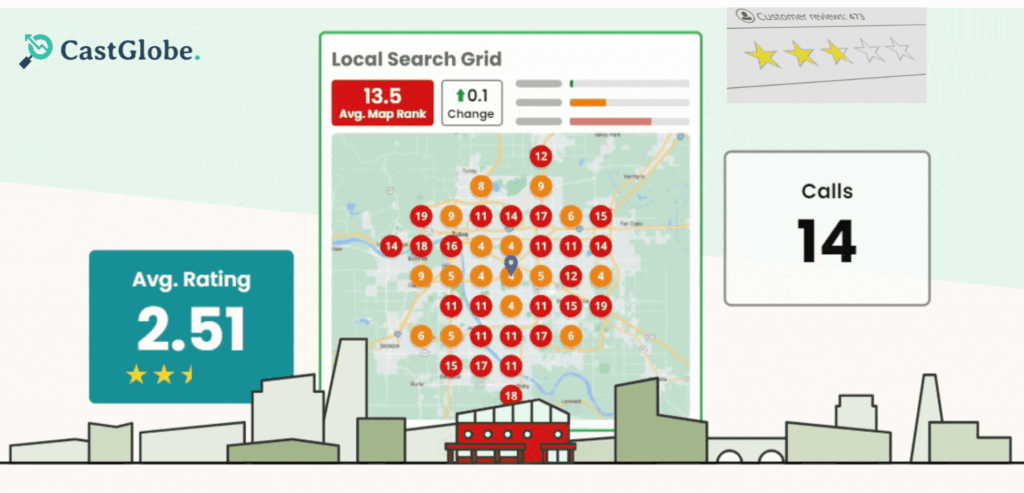Managing the Digital Marketing Environment: Effective Strategies Businesses need to adjust to a constantly changing marketing environment in today’s fast-paced digital world. The emergence of the internet & technology has revolutionized the way businesses interact with their clientele, making digital marketing a crucial part of any profitable business plan. In order to create a comprehensive digital marketing strategy that makes use of social media, content marketing, SEO, SEM, data analytics, and email marketing, this article will examine the complexities of the digital marketing landscape, highlight important trends and best practices, and offer practical advice. The landscape of digital marketing is a dynamic ecosystem that includes a range of platforms & channels that allow companies to communicate with their target market.
Key Takeaways
- Digital marketing landscape is constantly evolving and businesses need to stay updated with the latest trends and best practices.
- Identifying key trends and best practices is crucial for staying ahead of the competition and reaching target audiences effectively.
- Developing a comprehensive digital marketing strategy involves understanding the target audience, setting clear objectives, and utilizing various digital channels effectively.
- Leveraging social media and content marketing is essential for engaging with the audience and building brand awareness.
- Optimizing SEO and SEM for maximum impact involves using relevant keywords, creating high-quality content, and utilizing paid advertising effectively.
There are many options for interaction, ranging from websites and search engines to social media and email. Marketers who wish to develop successful campaigns that connect with their target audience must have a thorough understanding of this landscape. Fundamentally, digital marketing aims to connect with potential clients online, where they spend the majority of their time.
In addition to conventional websites, this also includes social media sites, mobile apps, and even cutting-edge technologies like virtual reality.
Businesses need to stay up to date on the newest trends and technologies in order to stay competitive as consumer behavior continues to shift toward digital interactions.
The secret to enabling customer engagement is personalization. Today’s consumers demand experiences that are customized to meet their unique tastes and habits. By using data analytics, marketers can produce offers & tailored content that appeal to their target audience & increase engagement and conversion rates.
Video content’s ascent in digital marketing. Video marketing has become a potent tool for brands to effectively communicate their messages, thanks to the enormous growth in popularity of platforms like YouTube, TikTok, and Instagram Reels. You can build stronger relationships with your audience & increase brand awareness by integrating video into your marketing strategy. One of the most important aspects of digital marketing is mobile optimization.
| Metrics | Data |
|---|---|
| Number of Experts | 15 |
| Duration of Course | 6 weeks |
| Number of Modules | 10 |
| Number of Video Lectures | 30 |
| Number of Assignments | 5 |
Digital marketing best practices also include keeping a mobile-first strategy. Making sure that your website & marketing materials are mobile-friendly is essential as more people access content on mobile devices. To improve user experience, this includes responsive design, quick loading times, and simple navigation.
A thorough digital marketing strategy must be created using a number of crucial steps that complement your company’s objectives. Establishing a clear definition of your target audience is crucial first. Knowing who your customers are, what they need, & how they behave online will help you better target your marketing efforts and create messaging that appeals to them. Set quantifiable, precise goals for your digital marketing initiatives after that. Whether your goal is to increase sales, lead generation, or website traffic, having specific goals will help you stay on track & guide your approach.
Decide which channels will work best for reaching your audience in order to allocate resources wisely. It’s time to select the ideal combination of digital marketing channels after you have a firm grasp of your target market and goals. Email marketing, content marketing, social media platforms, SEO, and paid advertising are a few examples of this. You can reach your audience through a variety of touchpoints with a well-rounded approach, which increases the possibility that they will engage.
Businesses trying to engage with their audience now find social media to be an essential tool. Brands have the opportunity to interact with consumers in real time through platforms such as Facebook, Instagram, Twitter, and LinkedIn. You may encourage community involvement & increase brand loyalty by producing engaging content that appeals to your audience. A key component of this process is content marketing. Superior content not only draws in new clients, but it also positions your company as an authority in your sector. Think about producing blog entries, infographics, films, and podcasts that highlight your experience & benefit your audience.
Being consistent is essential; releasing new content on a regular basis keeps your audience interested and motivates them to come back for more. Also, your reach can be increased by incorporating social media into your content marketing plan. To increase website traffic, share your blog entries on social media. Encourage consumers to post about their interactions with your brand online to promote user-generated content. In addition to increasing engagement, this increases potential customers’ trust.
Any digital marketing strategy that aims to increase online visibility must include Search Engine Optimization (SEO) and Search Engine Marketing (SEM). While SEM uses paid advertising tactics to show up prominently in search engine results pages (SERPs), SEO concentrates on optimizing your website to rank higher in organic search results. Doing keyword research to find relevant terms that potential customers are searching for is the first step in optimizing your website for search engines. Use these keywords organically in the headers, meta descriptions, and content of your website.
By increasing loading times, optimizing mobile responsiveness, and developing a clear site structure, you can further guarantee that your website is user-friendly. However, SEM enables you to swiftly reach a larger audience through paid advertising campaigns like Google Ads.
Write enticing advertising copy that incorporates powerful calls-to-action (CTAs) and emphasizes your unique selling points.
To optimize ROI, track your ads’ performance on a regular basis and modify your tactics in light of data insights.
Digital marketing has seen a revolution thanks to data analytics. Businesses can learn a great deal about the trends, preferences, and behavior of their customers by utilizing data. With this information, marketers can make well-informed decisions that improve the efficacy of their campaigns. You may monitor user engagement metrics, website traffic, conversion rates, and more by using tools like Google Analytics.
You may determine which marketing channels are generating the most traffic and conversions by examining this data. This knowledge aids in more efficient resource allocation & gradual strategy improvement. Also, A/B testing is a crucial component of data-driven marketing. You can find out which aspects of advertisements or landing pages appeal to your audience the most by testing various iterations. With this iterative process, you can continuously improve campaigns based on real-time feedback. One of the best ways to maintain client relationships & increase conversions is still through email marketing.
Businesses can interact with their audience directly in their inboxes, a private setting where tailored communication flourishes, by implementing a properly designed email strategy. Utilize opt-in forms on your website or social media platforms to begin cultivating a high-quality email list. Provide rewards to subscribers in return for their email addresses, such as special discounts or useful content.
Once you have a list, divide it up according to consumer preferences or behavior so that you can send messages that are specifically tailored to each group. Whether it’s through educational newsletters, special offers, or tailored suggestions based on previous purchases, create engaging email content that benefits your subscribers. To improve user experience, make sure your emails are also aesthetically pleasing and responsive. Determining what works & what doesn’t requires measuring the effectiveness of your digital marketing initiatives.
Create key performance indicators (KPIs) that are in line with your goals. Examples of these metrics include return on ad spend (ROAS), click-through rates (CTR), conversion rates, & website traffic. Evaluate campaign performance over time by routinely reviewing these metrics with analytics tools.
You can find patterns and trends through this evaluation process, which will help guide future tactics. For example, if particular kinds of content regularly result in higher engagement rates, think about creating more of the same in the future. Also, don’t be afraid to modify your plans in light of data insights. Being flexible guarantees that you stay relevant in a market that is continuously changing due to the ever-changing digital landscape. Conclusion: To successfully navigate the world of digital marketing, one must adopt a strategic approach that incorporates a range of platforms and methods.
Businesses may develop effective campaigns that connect with their target audience by comprehending the nuances of this environment & putting best practices in social media, content marketing, SEO/SEM, data analytics, email marketing, and performance measurement into practice. Remember that success requires constant learning and adaptation as you start or improve your digital marketing journey. While keeping your attention on providing value to your clients, stay up to date on new developments in technology and trends. Put these tactics into practice right now to improve your brand’s online visibility and produce significant outcomes.
Are you prepared to advance your digital marketing initiatives? Get professional advice catered to your company’s requirements by getting in touch with us at GoogleADAuthority . com!
If you are a digital marketing expert looking to expand your knowledge in the industry, you may find the article on carpet cleaning marketing in Vancouver, British Columbia to be insightful. This article discusses strategies and techniques specifically tailored for marketing carpet cleaning services in a specific location. It can provide valuable insights on targeting local markets and reaching potential customers effectively.
FAQs
What is digital marketing?
Digital marketing is the use of digital channels such as websites, social media, search engines, email, and mobile apps to promote products or services to potential customers.
What does a digital marketing expert do?
A digital marketing expert is responsible for developing and implementing digital marketing strategies to drive online traffic, increase brand awareness, and generate leads or sales for a business. They may specialize in areas such as social media marketing, search engine optimization (SEO), content marketing, email marketing, or pay-per-click (PPC) advertising.
What skills are required to become a digital marketing expert?
To become a digital marketing expert, one needs to have a strong understanding of digital marketing concepts, excellent communication and analytical skills, proficiency in using digital marketing tools and platforms, and the ability to stay updated with the latest trends and best practices in the industry.
What are the benefits of hiring a digital marketing expert?
Hiring a digital marketing expert can help businesses reach their target audience more effectively, increase their online visibility, improve their brand reputation, and ultimately drive more sales or leads. Digital marketing experts can also provide valuable insights and data-driven strategies to optimize marketing efforts.
How can businesses find a reliable digital marketing expert?
Businesses can find reliable digital marketing experts by looking for professionals with a proven track record of successful digital marketing campaigns, relevant certifications or qualifications, and positive reviews or recommendations from previous clients. It’s also important to assess their knowledge of the latest digital marketing trends and their ability to tailor strategies to specific business goals.










